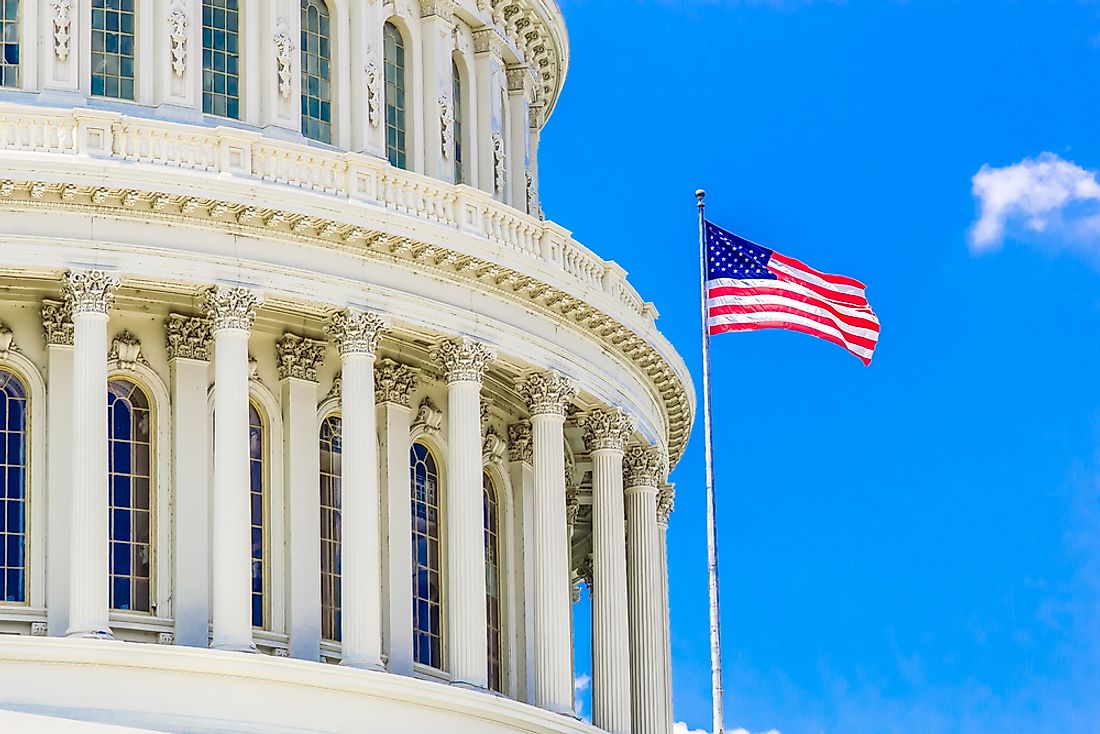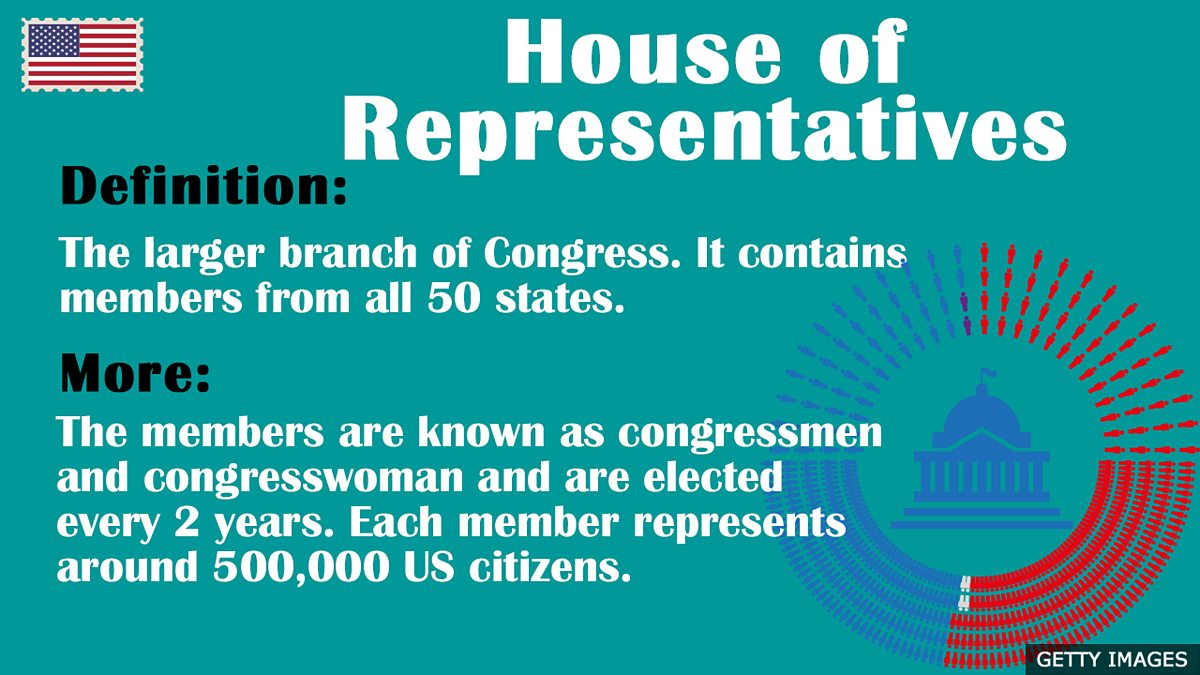Table Of Content

Thirty-nine Democrats had voted “no” on Friday on the rule to allow the foreign aid package to come to the House floor, a target that progressives just missed on Saturday on the Israel bill. Fourteen of those Democrats voted on Saturday in favor of aid to Israel, while 12 Democrats who voted to allow the package on the floor on Friday then cast votes against the funding itself. The Republicans came out of the 2000 elections with a further reduced majority but made small gains in 2002 and 2004.
Checks and Balances in Congress
Committees in both houses review bills that have been introduced by their colleagues, holding hearings in which their merits are debated. The House has 435 members, the number representing each state is determined by population. The table contains a complete list of speakers of the House of Representatives.

For federal agencies
There are approximately 20 standing (permanent) committees, organized mainly around major policy areas, each having staffs, budgets, and subcommittees. They may hold hearings on questions of public interest, propose legislation that has not been formally introduced as a bill or resolution, and conduct investigations. Among important standing committees are those on appropriations, on ways and means (which handles matters related to finance), and on rules.
House officers
The choice to highlight Hostettler’s voting record on Israel reflects how Republican voters generally view the Netanyahu government in a more favorable manner than Democrats and independents do. A Guardian review of the statements of members of Congress after the start of the war found that every Republican in Congress was supportive of Israel. According to one Gallup poll conducted in March, 64% of Republicans approve of Israel’s military actions in Gaza, compared with 18% of Democrats and 29% of independents who said the same. The UDP’s investment in Hostettler’s race marks a notable shift in its spending this election cycle, as the group has largely focused on Democratic primaries so far.

All legislative power in the government is vested in Congress, meaning that it is the only part of the government that can make new laws or change existing laws. Executive Branch agencies issue regulations with the full force of law, but these are only under the authority of laws enacted by Congress. The President may veto bills Congress passes, but Congress may also override a veto by a two-thirds vote in both the Senate and the House of Representatives. The House has several powers assigned exclusively to it, including the power to initiate revenue bills, impeach federal officials, and elect the President in the case of an Electoral College tie. Each state in the United States elects two senators, regardless of the state’s population.
The group has previously spent millions opposing other Republican primary candidates viewed as potential liabilities in a general election, such as Mark Harris of North Carolina and Brandon Gill of Texas. The UDP ad attacks Hostettler as “one of the most anti-Israel politicians in America”, excoriating his past voting record in the House. Both the UDP and the RJC have specifically criticized Hostettler for his vote opposing a resolution expressing solidarity with Israel in 2000, after the start of the second intifada, as well as the comments he has made about the origins of the Iraq war.
House of Representatives Committee on Rules
While the minority leader was the head of the minority party, the majority leader remained subordinate to the speaker. The speakership reached its zenith during the term of Republican Joseph Gurney Cannon, from 1903 to 1911. The speaker's powers included chairmanship of the influential Rules Committee and the ability to appoint members of other House committees. However, these powers were curtailed in the "Revolution of 1910" because of the efforts of Democrats and dissatisfied Republicans who opposed Cannon's heavy-handed tactics.
Minority leadership (Democratic)
In 1997, several Republican congressional leaders tried to force Speaker Newt Gingrich to resign. However, Gingrich refused since that would have required a new election for speaker, which could have led to Democrats along with dissenting Republicans voting for Democrat Dick Gephardt (then minority leader) as speaker. After the 1998 midterm elections where the Republicans lost seats, Gingrich did not stand for re-election. The next two figures in the House Republican leadership hierarchy, Majority Leader Richard Armey and Majority Whip Tom DeLay chose not to run for the office. The chairman of the House Appropriations Committee, Bob Livingston, declared his bid for the speakership, which was unopposed, making him speaker-designate.
House passes bill aimed to combat antisemitism amid college unrest - NPR
House passes bill aimed to combat antisemitism amid college unrest.
Posted: Thu, 02 May 2024 09:01:00 GMT [source]
North Carolina
James K. Polk is the only speaker of the House who was later elected president of the United States. In most states, major party candidates for each district are nominated in partisan primary elections, typically held in spring to late summer. In some states, the Republican and Democratic parties choose their candidates for each district in their political conventions in spring or early summer, which often use unanimous voice votes to reflect either confidence in the incumbent or the result of bargaining in earlier private discussions.
One advantage of the Committee of the Whole is its ability to include otherwise non-voting members of Congress. The sergeant at arms is the House's chief law enforcement officer and maintains order and security on House premises. Finally, routine police work is handled by the United States Capitol Police, which is supervised by the Capitol Police Board, a body to which the sergeant at arms belongs, and chairs in even-numbered years. Representatives are usually identified in the media and other sources by party and state, and sometimes by congressional district, or a major city or community within their district. For example, Democratic representative Nancy Pelosi, who represents California's 11th congressional district within San Francisco, may be identified as "D–California", "D–California–11" or "D–San Francisco".
Committees have extensive powers with regard to bills; they may block legislation from reaching the floor of the House. Standing committees also oversee the departments and agencies of the executive branch. In discharging their duties, standing committees have the power to hold hearings and to subpoena witnesses and evidence. In the instance when the presidency and both Houses of Congress are controlled by one party, the speaker normally takes a low profile and defers to the president.
The speakership reached its apogee during the term of Republican Joseph Gurney Cannon (1903–1911). He determined the agenda of the House, appointed the members of all committees, chose committee chairmen, headed the Rules Committee, and determined which committee heard each bill. He vigorously used his powers to ensure that Republican proposals were passed by the House. The United States is divided into 435 congressional districts, each with a population of about 710,000 individuals.
The Republicans retained their majorities in the 2000, 2002, and 2004 elections. The Constitution provides that the House may choose its own speaker.[50] Although not explicitly required by the Constitution, every speaker has been a member of the House. The Constitution does not specify the duties and powers of the speaker, which are instead regulated by the rules and customs of the House. Speakers have a role both as a leader of the House and the leader of their party (which need not be the majority party; theoretically, a member of the minority party could be elected as speaker with the support of a fraction of members of the majority party). Under the Presidential Succession Act (1947), the speaker is second in the line of presidential succession after the vice president.
There are also select and special committees, which are usually appointed for a specific project and for a limited period. The late 19th and early 20th centuries also saw a dramatic increase in the power of the speaker of the House. The rise of the speaker's influence began in the 1890s, during the tenure of Republican Thomas Brackett Reed.

No comments:
Post a Comment